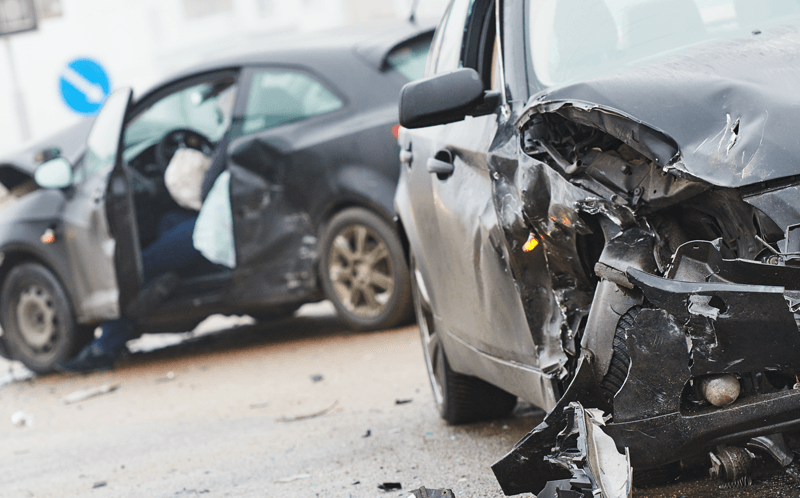Property Damage Answers for Auto Accidents
If you ever find yourself victim to an automobile accident, it can be a very challenging and emotional process. Not only have you suffered bodily injury at the expense of another party’s negligence, but you also must combat transportation issues in order to get back and forth to work, doctor’s appointments, etc. Property damage claims can be very confusing and often leave people feeling as if they were not fully reconciled.
Below are answers to frequently asked questions regarding property damage:
If you or anyone you know has been injured in an automobile accident, please feel free to contact us at (678) 502-0229. Although we are personal injury attorneys, we also assist our injured clients throughout the tiring property damage process. Call us today for a free case consultation!


